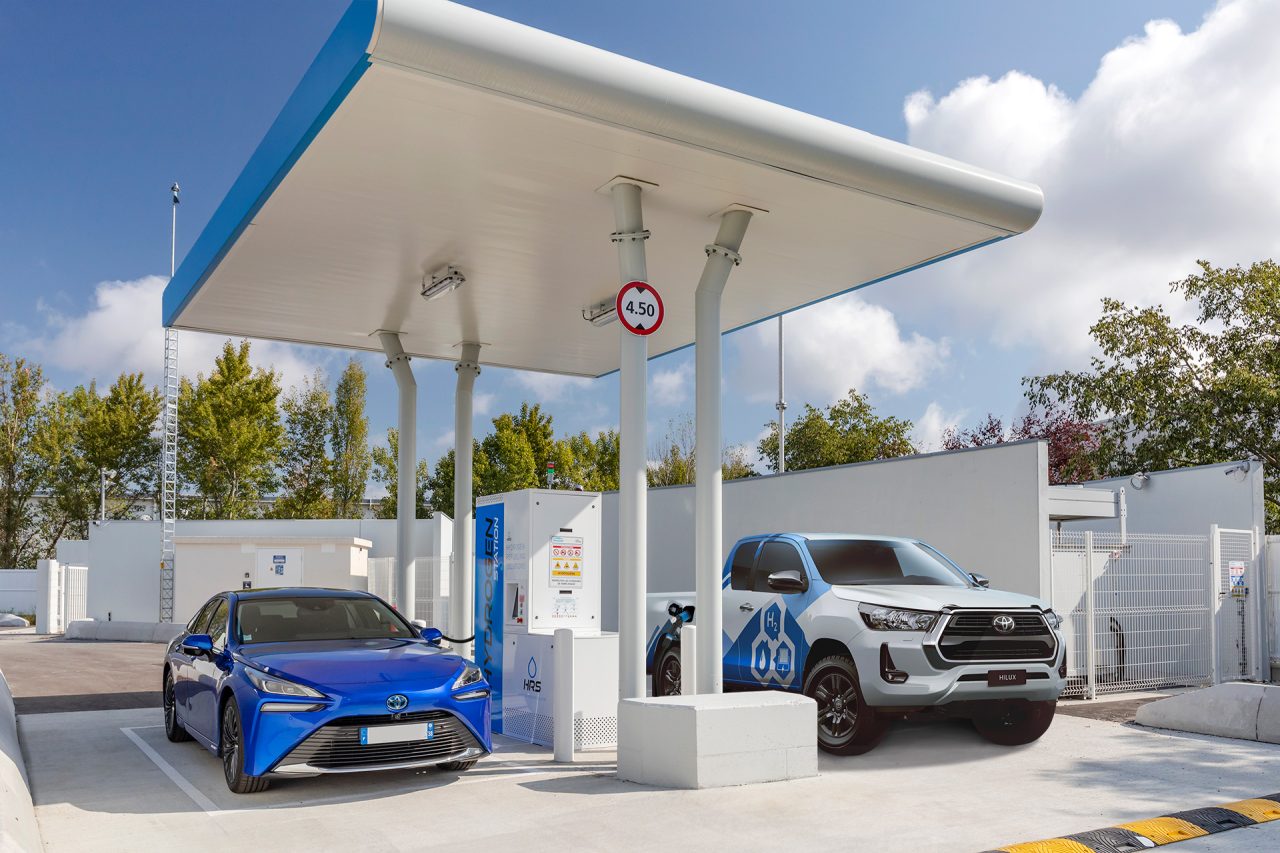Toyota's Partnership with Hydrogen Refueling Solutions and Engie: Revolutionizing Hydrogen Refueling
Key Ideas
- Toyota, Hydrogen Refueling Solutions, and Engie collaborate to develop faster and more cost-effective hydrogen refueling systems suitable for both trucks and passenger cars.
- The partnership aims to deploy publicly accessible hydrogen stations every 200 km by 2030, in alignment with the EU's Alternative Fuels Infrastructure Regulation.
- The new medium flow double jet technology will enable heavy vehicles to refill hydrogen in less than 10 minutes and light vehicles in less than 5 minutes, eliminating the need for multiple dispensers.
- The pilot project RHeaDHy, funded by the EU, will accelerate the deployment of these innovative hydrogen refueling solutions, marking a significant milestone in the advancement of fuel cell vehicles and trucks.
Toyota, known for its commitment to hydrogen and fuel cell vehicles, has partnered with Hydrogen Refueling Solutions and Engie to revolutionize hydrogen refueling infrastructure. The collaboration aims to address the challenges of high costs and limited refueling options for fuel cell vehicles. The three companies are set to introduce a new generation of hydrogen refueling systems that promise to be faster, more profitable, and suitable for both light and heavy vehicles. Through the pilot project RHeaDHy, funded by the European Union, the deployment of these innovative hydrogen stations will be accelerated.
One of the key technological advancements introduced by this partnership is the medium flow double jet Twin Mid Flow, which allows for quicker refueling times. Heavy vehicles can now refill hydrogen in under 10 minutes, while light vehicles can do so in less than 5 minutes. This innovation also eliminates the need for different dispensers at service stations, streamlining the refueling process. Furthermore, the reduced installation costs of these stations will contribute to a more widespread adoption of fuel cell vehicles and trucks.
By committing to this partnership, Toyota will provide a testing bench equipped with dual medium flow technology for data collection, aiding in the development of future hydrogen vehicles. Hydrogen Refueling Solutions and Engie will work on developing the next-generation hydrogen stations compatible with this technology, with testing set to begin by the fourth quarter of 2025. This collaboration signifies a major leap towards achieving the EU's goal of having publicly accessible hydrogen stations every 200 km on TEN-T networks by 2030, marking a significant milestone in the advancement of sustainable transportation.
Topics
Installation
Infrastructure
Innovation
Sustainability
Transportation
Partnership
European Union
Technological Advancement
Fuel Cell Vehicles
Latest News
